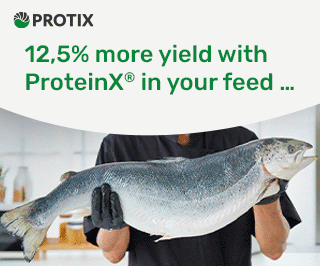Marianne Sivertsen Næss, Norway’s Minister of Fisheries, has announced stricter controls to tackle the illegal export of production-grade fish by some salmon exporters.
The move comes after surprise inspections revealed a series of illegal exports of production fish.
“Production fish” are salmon that exhibit injuries or wounds, necessitating corrective measures before exportation. In March, the European Commission trade department officially registered Norway’s export ban on “production” grade Atlantic farmed salmon as a potential trade barrier, causing major tension with European countries such as Denmark and the Netherlands. These countries argue that the loose control of production fish exports has given processors with access to the cheaper fish a competitive advantage, skewing the market.
The initiative announced by Næss aims to maintain high quality standards, ensure fair competition, and uphold the reputation of Norwegian salmon, according to local media outlet Kyst.
The proportion of production-grade fish has increased from 5% to 15% since 2008, prompting calls for the industry to take responsibility for reducing it. According to a recent report, during the first week of April, a staggering 48.7% of Mowi’s harvest volume was classified as production fish.
The Norwegian Food Safety Authority (Mattilsynet) will now intensify inspections and boost collaboration with other authorities, such as Økokrim, the Norwegian National Authority for Investigation and Prosecution of Economic and Environmental Crime, to enforce regulations. Næss has been in continuous dialogue with Mattilsynet, which has focused its risk-based controls on high-risk actors.
These efforts were ramped up in 2023 due to a surge in downgraded fish, resulting in the uncovering of several serious violations. Recent surprise joint inspections with customs authorities have revealed illegal exports, highlighting the importance of stringent controls. Strengthened enforcement measures signal that non-compliance will not be tolerated or profitable.
Næss also emphasized the need for transparency and adherence to regulations to protect Norway’s reputation. She called for a review of the licensing system and clearer policies on animal welfare in response to recent issues of poor welfare and high mortality rates in aquaculture.



